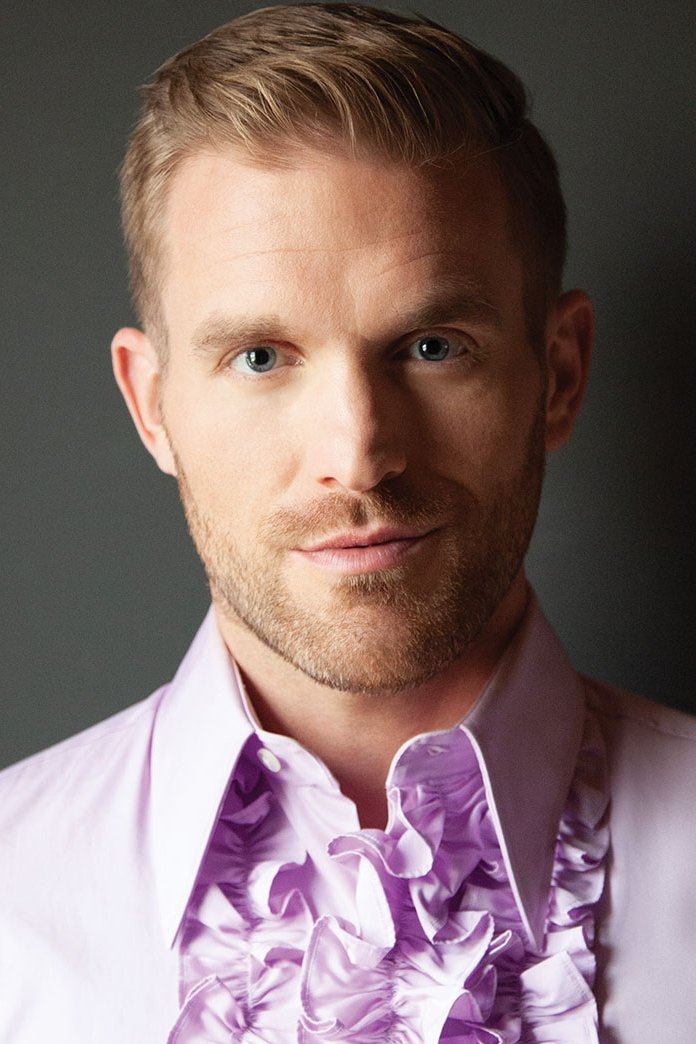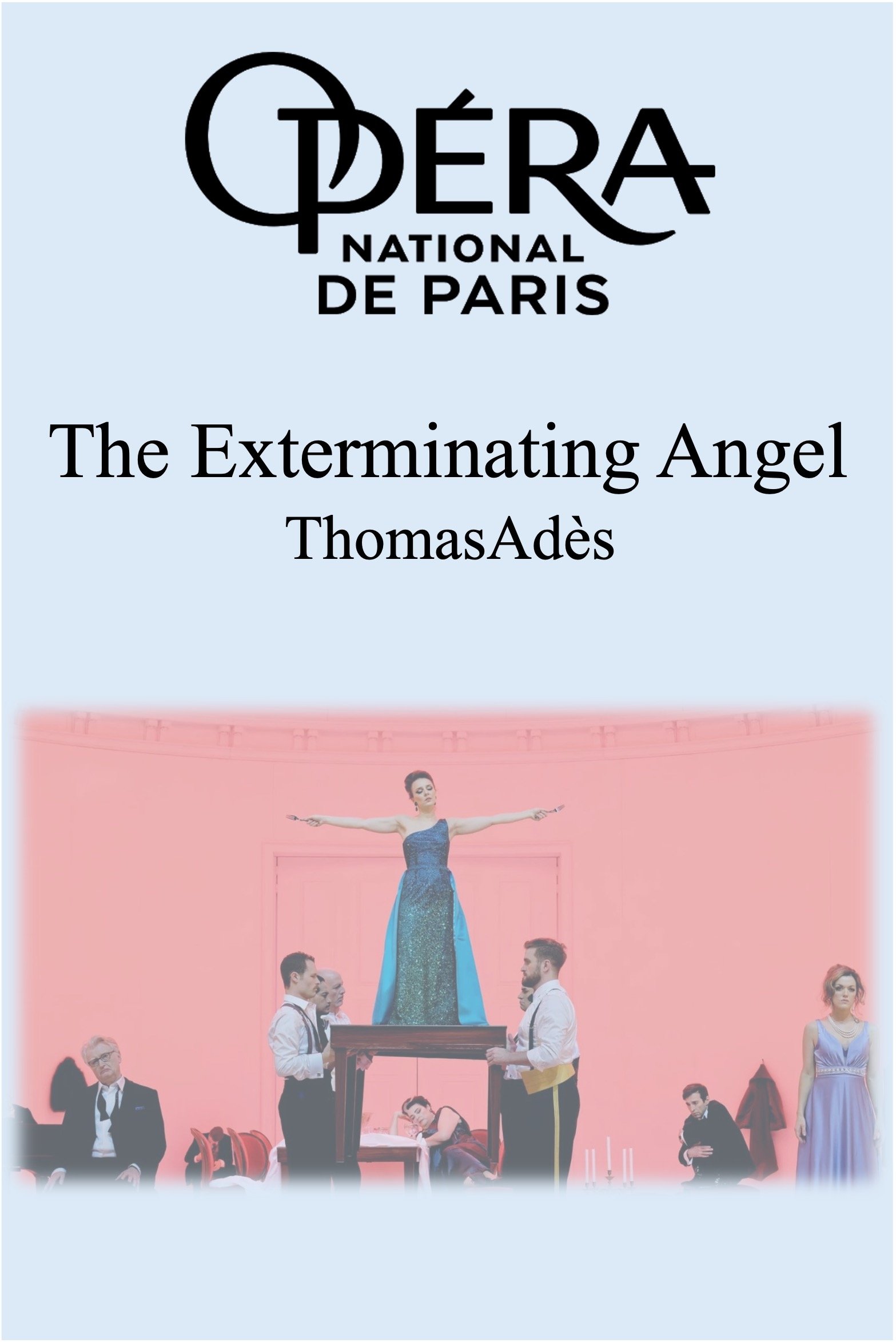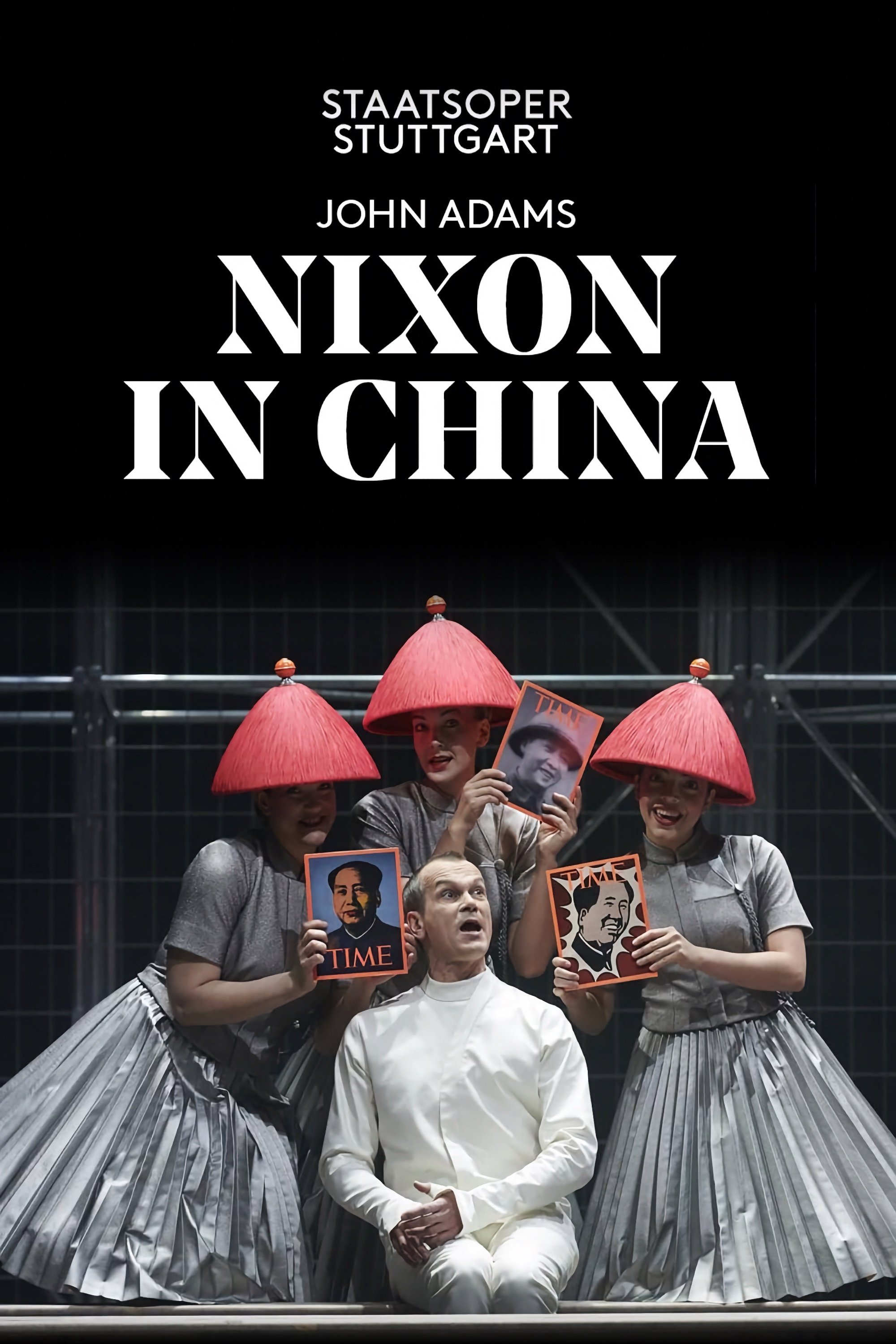

After last season’s The Dante Project, the Paris Opera continues to explore the music of contemporary composer Thomas Adès with the French premiere of The Exterminating Angel. Inspired by Luis Buñuel’s 1962 surrealist film, which offered a scathing critique of the bourgeoisie, the work begins with a dinner among upper-class friends in a plush mansion after an opera performance. But, gradually, a mysterious force prevents the fifteen guests from leaving the reception. In this confinement for no apparent reason, drawn out over several days, the veneer of propriety cracks, revealing the worst of human nature. Thomas Adès has written a rich and tense score, amplifying the libretto’s strange atmosphere with unusual instruments such as the ondes Martenot. The Paris Opera has entrusted the staging of this huis-clos to Calixto Bieito. The director has long been fascinated by Buñuel’s universe.

Besides the landing on the moon by the Apollo 11 mission in 1969, Richard Nixon’s meeting with China’s leader Mao Zedong in February 1972 then represented one of the biggest media spectacles in history. Nixon himself established the reference between the two events: “We came in peace for all mankind” not only marked the lunar module Eagle’s landing spot – Nixon also spoke of it into the microphones just before his departure to China. It was not John Adam’s aim to create a superficial or even a caricaturing representation of Nixon’s visit when composing his opera. He attempted to create a “heroic opera” about the construction of modern myths by using archetypical characters and situations. Director Marco Štorman stages Adams’ minimal music opera as a deconstruction review about the power of images, the politics of staging and the staging of politics.
By browsing this website, you accept our cookies policy.